Posts
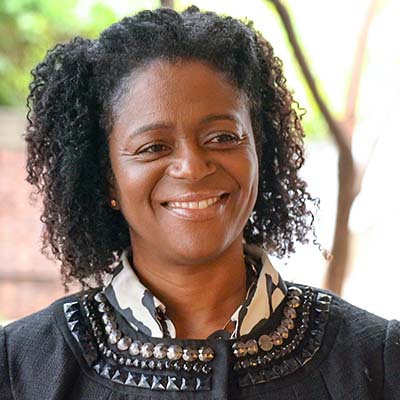
Racial Equity at Work w CA Senator Lola Smallwood-Cuevas (video)
CA State Senator Lola Smallwood-Cuevas takes us through some…
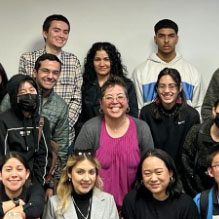
UCLA Labor Center Career Pathways for Students
UCLA Labor Center partners with California Labor Commissioner’s…
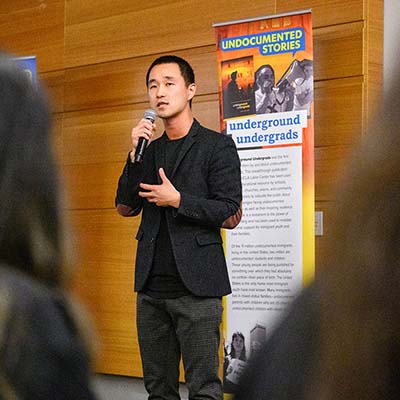
UCLA Labor Center hosts ‘Opportunity For All’ teach-in
On Nov. 1, the UCLA Labor Center co-hosted a teach-in about…
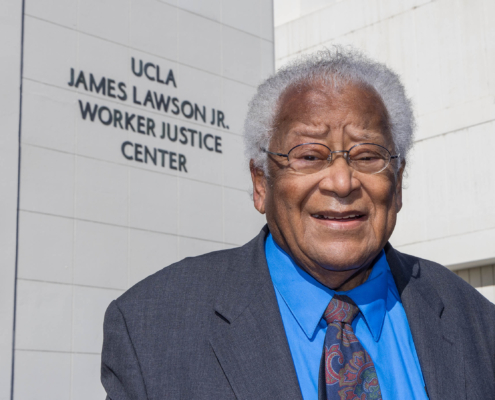
UCLA Labor Center Building Named in Honor of Iconic Civil Rights Leader Rev. James Lawson Jr.
For a building dedicated to ensuring fair treatment and opportunities…
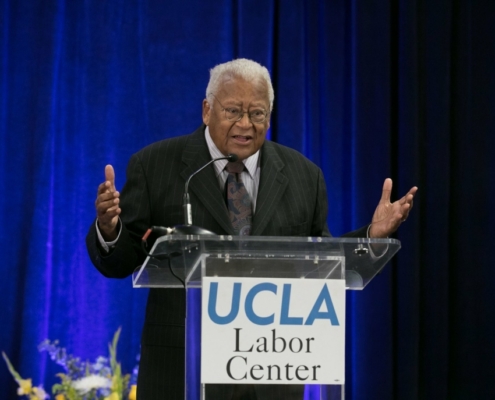
UCLA Labor Center Receives $15 Million to Renovate and Rename Its Downtown Building After Rev. James Lawson Jr.
The UCLA Labor Center has received $15 million from the 2021-22…
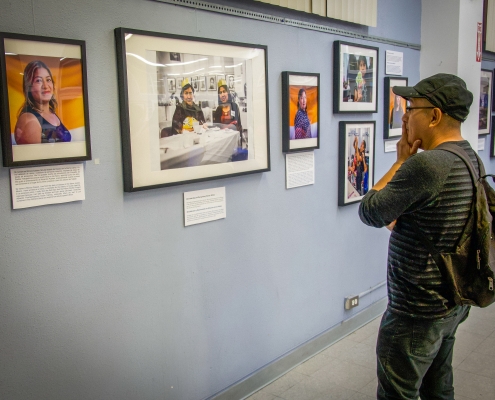
Working Families in Focus: Photo Exhibit and Film Shorts in the Heart of Los Angeles
By Janna Shadduck-Hernández, Project Director, and Marisol Granillo…
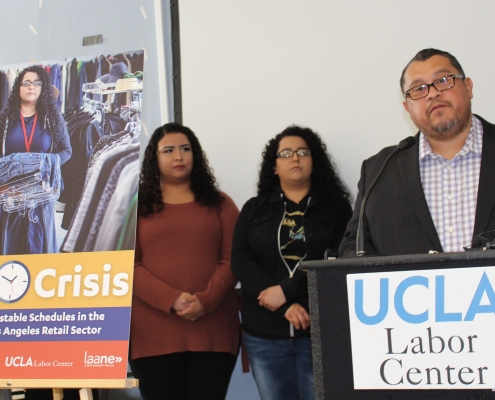
Workers in Retailing Fight for a Fair Schedule
On Saturday, March 2nd, the front page of the Business section…
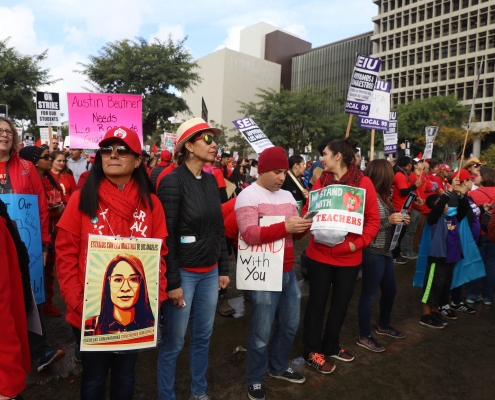
Bargaining for the Common Good: An Analysis of the Los Angeles Teachers’ Strike
By Betty Hung, Staff Director, and Kent Wong, Director, UCLA…
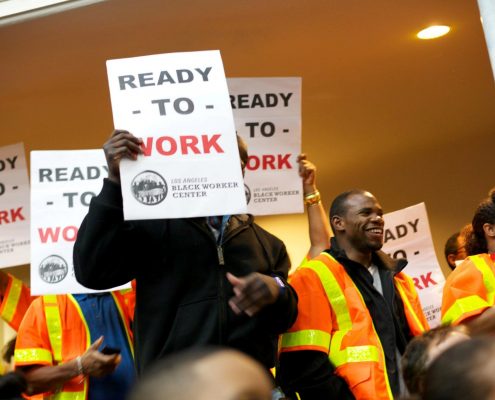
Ready to Work, Uprooting Inequity: Black Workers in Los Angeles and California
By Lola Smallwood-Cuevas, Project Director & Saba Waheed,…

